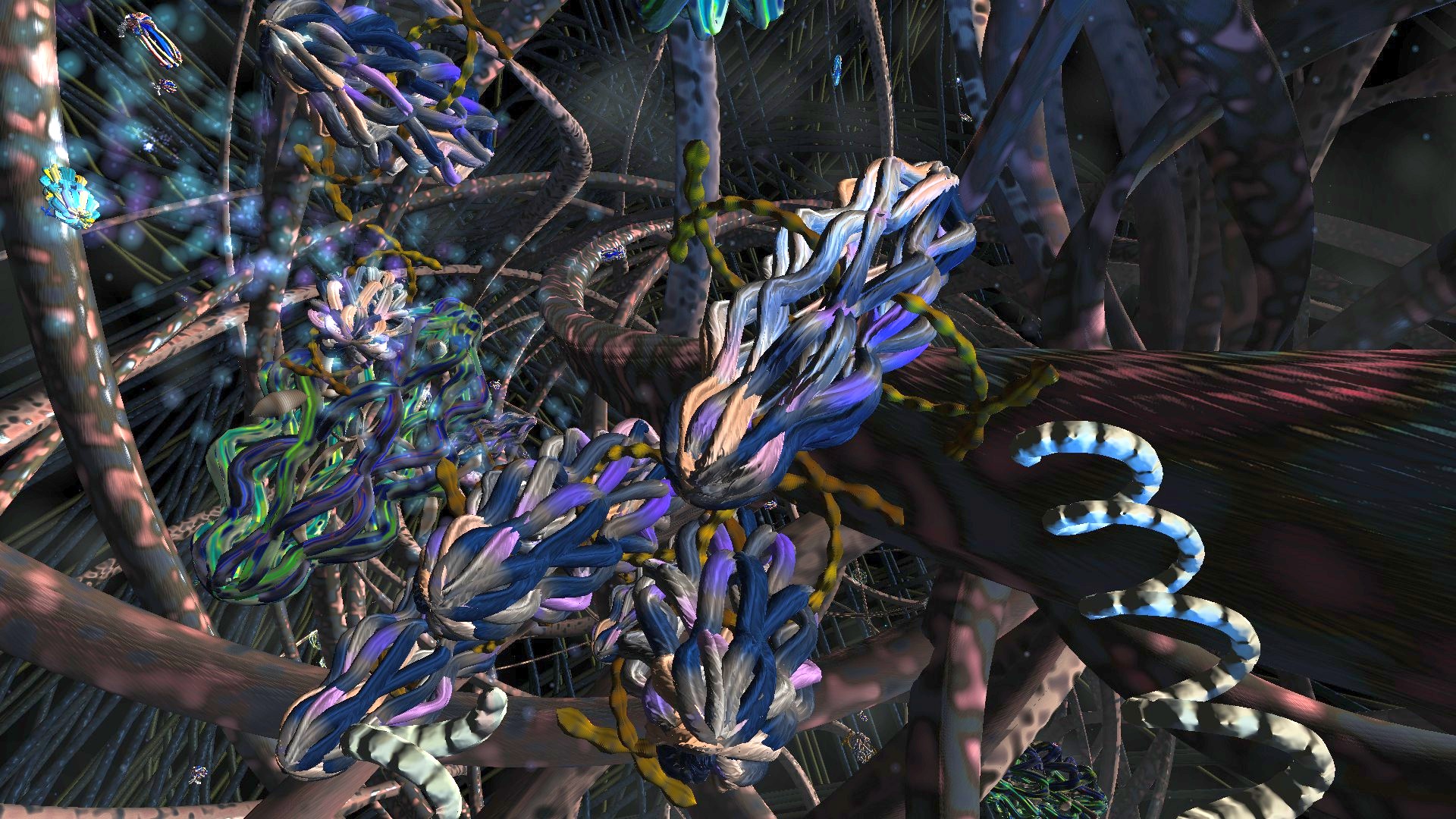

Programmers and Mathematicians: Lance Putnam (UK/USA), Stephen Todd (UK) and Peter Todd (UK)
PC Computer, Nvidia GeForce GTX 1080, HTC Vive VR Headset and metal cabinet. Custom software written using a variety of technologies based on OpenGL/GLSL and OpenVR. Vortex is written using the Organic graphics engine along with the AlloSystem and Gamma C++ libraries. 1989-2018
'Mutator VR : Vortex' is an interactive virtual reality art installation that places the viewer in a 3D surreal world of moving 'Mutoids' with which they interact using their two hand-held controllers. The 'serpentine' Mutoids are controlled by invisible force fields which respond to viewer's smallest body movements, enabling the viewer to play and experiment in this virtual organic space. The participant can also continuously morph across parallel worlds each with its own sights, sounds, and dynamics. Inspired by protein structures, cellular forms and science fiction, this VR installation has been shown in Venice, Linz, St. Petersburg and Dusseldorf and Norwich. This work builds on the early pioneering computer art by Latham and Todd in the late 1980s and early 1990s at IBM, now in collaboration with Lance Putnam and Peter Todd.
Supported by
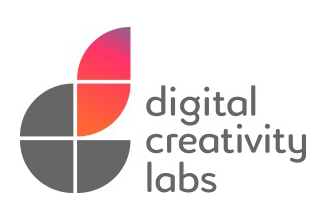
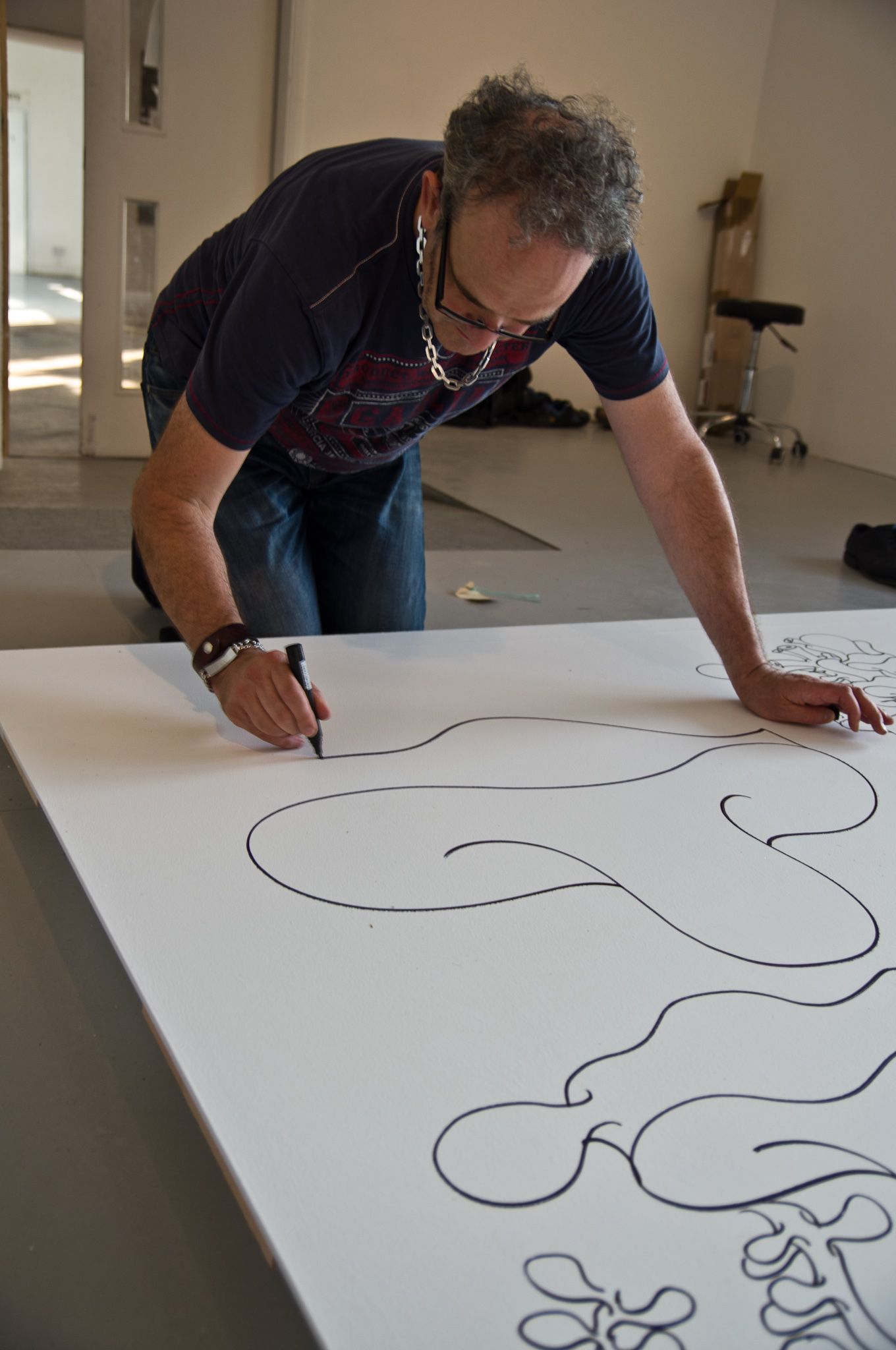
William Latham is well known for his pioneering Organic Computer Art created in the late eighties and early nineties whilst a Research Fellow at IBM in Winchester working with Stephen Todd, which recorded in their 1989 book “Evolutionary Art and Computers” Major UK solo international touring exhibitions from that time include The Conquest of Form and The Empire of Form.
In 1993 he moved into Rave Music working with a number of bands including The Shamen and computer games development, working with Universal Studios, Warner Bros and Atari, for twelve years. In 2007 in returned to research and he became a Professor in Computer Art and Games Development at Goldsmiths University of London. In addition to progressing and exhibiting the Mutator VR Art project with Stephen Todd and Lance Putnam. He has worked on a range of research grant projects with Goldmiths collaborator Professor Frederic Leymarie in the fields of Protein Docking (BioBlox) with Imperial College and DNA and RNA with Oxford Weatherall Centre of Molecular Medicine, Oxford University (CSynth, FoldSynth). His Mutator VR Art Experience on HTC Vive developed with support from DC Labs with long term collaborator Stephen Todd with Lance Putnam has been exhibited to much acclaim at Ars Electronica in Linz, in Venice and in St. Petersburg (linked to The Hermitage Museum). He is Director and co-founder of of SoftV Ltd and London Geometry Ltd. William was a student at Oxford University and The Royal College of Art.
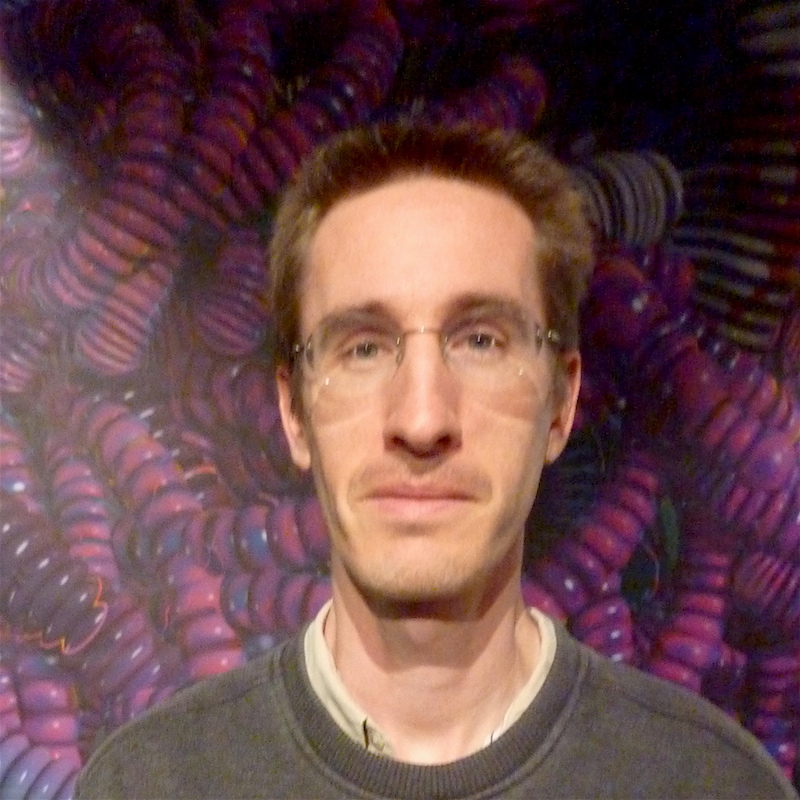
Lance Putnam is a composer, programmer and researcher with a strong interest in generative art, audio-visual synthesis, digital sound synthesis, and media signal processing. His work explores questions concerning the relationships between sound and graphics, symmetry in art and science, and motion as a spatiotemporal concept. He holds a B.S. in Electrical and Computer Engineering from the University of Wisconsin, Madison and both an M.A. in Electronic Music and Sound Design and a Ph.D. in Media Arts and Technology from the University of California, Santa Barbara. His dissertation “The Harmonic Pattern Function: A Mathematical Model Integrating Synthesis of Sound Graphical Patterns” was selected for the Leonardo journal LABS 2016 top abstracts.
In 2006, he was awarded a prestigious NSF IGERT fellowship in Interactive Digital Multimedia. He was selected as one of eight international students to present his research in media signal processing at the 2007 Emerging Leaders in Multimedia Workshop at the IBM T. J. Watson Research Center in New York. Since 2016, Lance has been a Research Associate at Goldsmiths in the York University led Digital Creativity Labs Project working closely with William Latham and Stephen Todd.
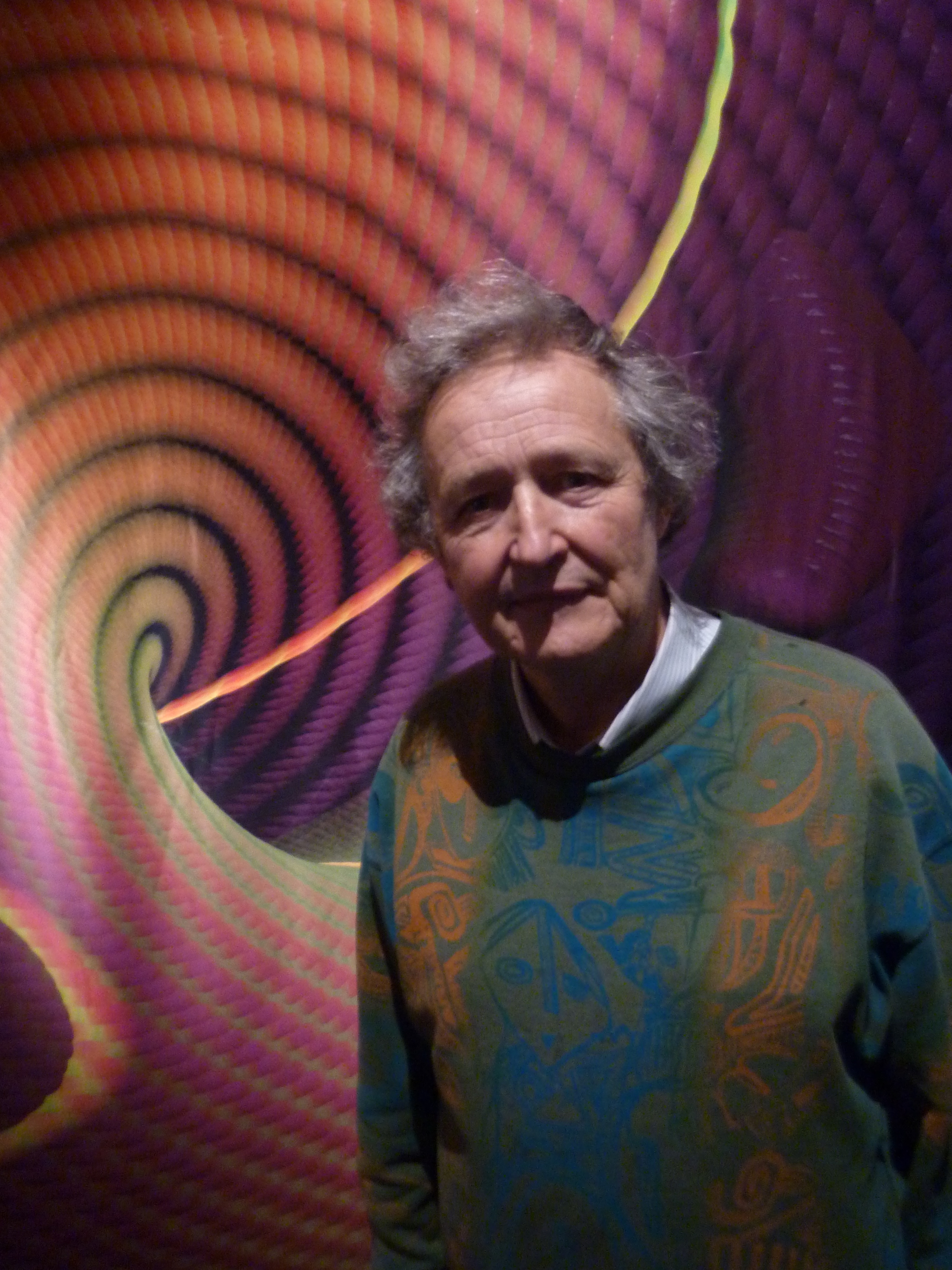
Mathematician and Senior Programmer: Stephen’s background was mainly at IBM, working at the UK Scientific Centre in Peterlee (relational database research) (1971-1979) and Winchester (1981-1993). Stephen’s work at IBM UKSC in Winchester began with molecular graphics and other applications of scientific visualization. This led to collaboration with William Latham on Computer Art and creation of the form synthesis program (FormGrow) and associated subjective user interface (Mutator) a collaboration that ran through the late 80s and early 90s.
From 1993 Stephen worked finally at IBM Hursley on the MQSeries (1993-2007) where he was responsible for the concepts and initial design of MQSeries Message Broker (now IBM Integration Bus). He has authored over 80 patents whilst he was at IBM.
In 2009 Stephen became a Visiting Professor, at Goldsmiths and restarted his long term collaboration with William Latham on the Mutator Project which had lain dormant for over 12 years, which they would then take into VR a few years later. Stephen also worked with Prof Frederic Fol Leymarie taking the Mutator VR technology and approach into a range of scientific visualisation domains including DNA and RNA visualisatuon and The Weatherall Institute of Molecular Medicine on the FoldSynth and CSynth projects, in addition to the Protein Docking Project with Imperial Collage and the visualisation of 3D Viruses in VR working with the York University Biology Group. He is co-author with William Latham of the 1992 book Evolutionary Art and Computing published by The Academic Press.
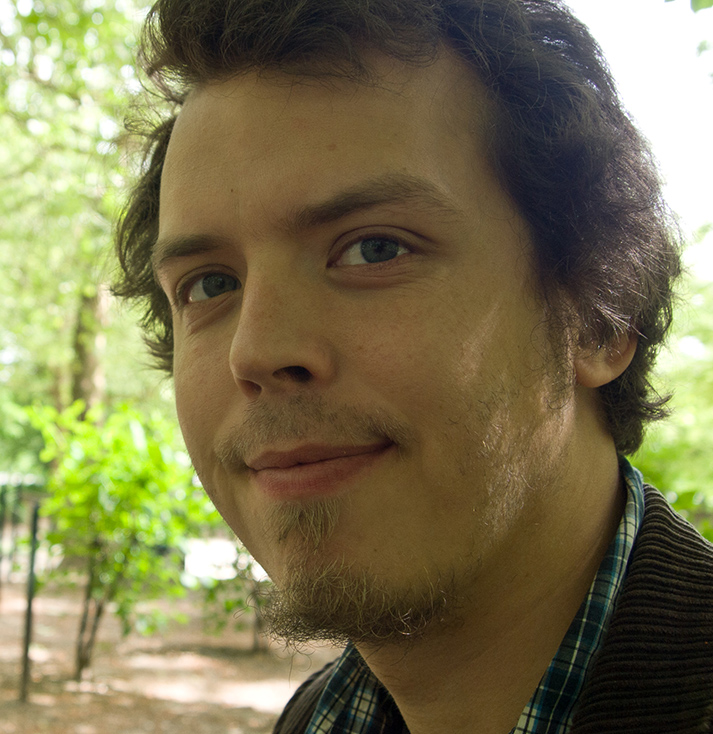
Peter Todd is an interdisciplinary practitioner, working mostly through the medium of code to produce interactive real-time graphics and sound. He has a lifelong interest in games, which he sees as maturing into a defining art form of the present era. Peter has been working extensively with artist William Latham, implementing generative sound and associated code infrastructure, as well as aspects of the user interface and graphics, for his recent “Mutator 1+2” installations. He has an ongoing involvement with the science/art project FoldSynth, previously in collaboration with Imperial College and with a new collaboration emerging with Oxford biomedical research group.
He also works on personal interactive art and gaming related projects. Peter graduated from Goldsmiths MSc Arts Computing.
